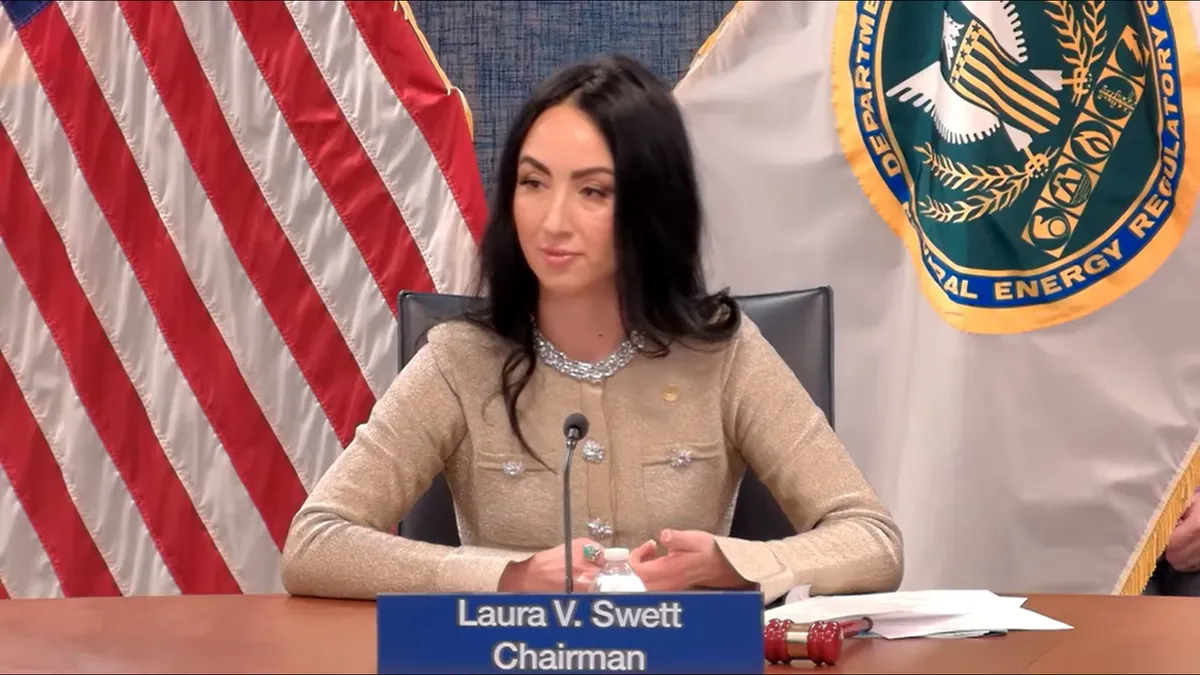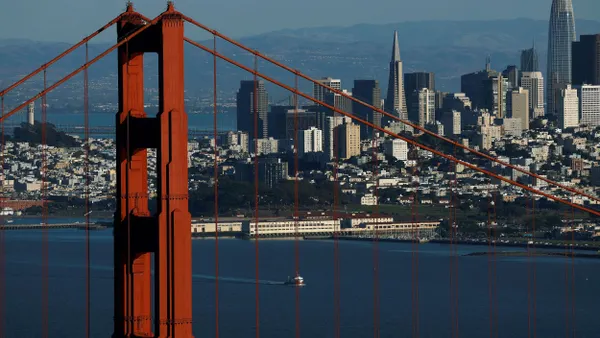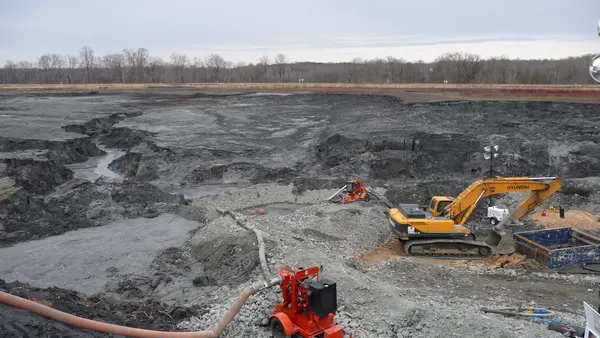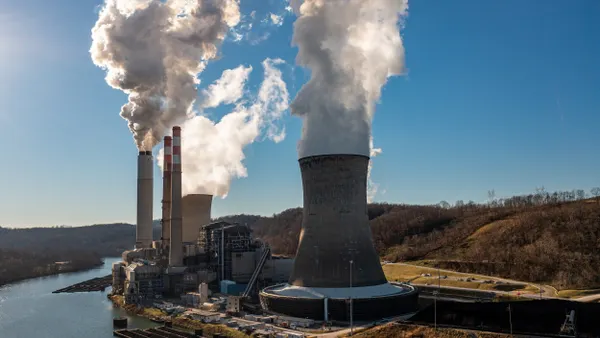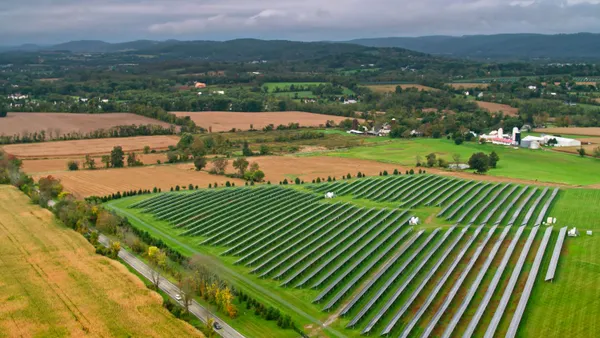Dive Brief:
- The South China Morning Post reports the United States and China have reached an agreement to ratify a landmark climate treaty reached in Paris last year that included 195 countries and called for aggressive steps to deal with climate change.
- Announcement of the deal is expected tomorrow, ahead of the weekend Group of 20 meeting in China.
- According to The Washington Times, a White House spokesman said the President has the authority to ratify the treaty without a two-thirds vote by the Senate, because the Paris agreement was an executive agreement.
Dive Insight:
Ahead of the Group of 20 meeting planned for this weekend, reports have surfaced that the United States and China have reached an agreement to ratify the Paris climate accord. Not only is electricity generation is one of the largest contributors to greenhouse gas emissions in the American economy and many others, but the power sector remains one of the most vulnerable industries to the impacts of climate change. Severe weather and rising sea levels will put coastal grid and generation infrastructure at risk.
Almost 200 nations agreed near the end of last year in Paris to keep the impact of climate change below 2 degrees Celsius. For the United States, that would mean cutting emissions 26% by 2025. For the power sector, the deal is expected to give investors an indication of where they should put their money in a decarbonizing world.
While the move with China is likely to spur controversy, absent a Senate vote, the White House maintains President Obama has authority to move ahead.
While top officials did not confirm the plan to announce ratification of the agreement tomorrow, The Washington Times spoke with White House senior adviser Brian Deese who said Obama "will use his authority that has been used in dozens of executive agreements in the past to join and formally deposit our instrument of acceptance, and therefore put our country as a party to the Paris Agreement."
The potential agreement between China and the US mirrors an agreement with Canada over the Paris climate deal. In March, Obama and Canadian Prime Minister Justin Trudeau pledged to cooperate on climate change issues, and in specific the implementation of the Paris climate. Republicans have "vehemently opposed" the Paris agreement, as The Hill put it last year, but have acknowledged they will not be able to vote on the issue.




